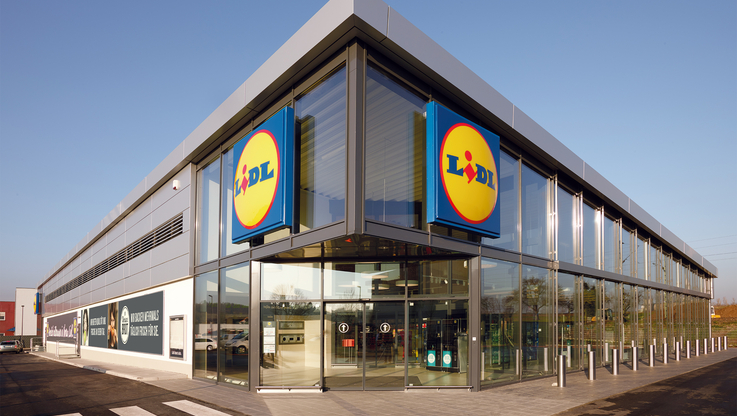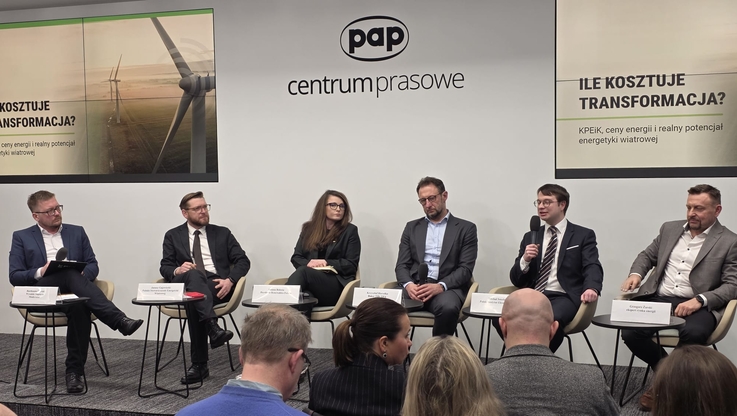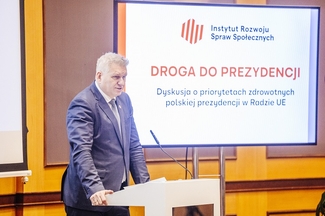Pobierz materiał i Publikuj za darmo
Today, the grace period for overdue interest of $47.5 million on an off-shore bond issued by the second largest real estate developer in China ended. But there has been no official confirmation of any payment of that interest by the close of business at Hong Kong banks. There are only unconfirmed media reports about an interest payment that is said to have been instructed today. However, Evergrande has not officially confirmed this payment yet. No wonder, for example, that a recent report in the Financial Times today doubts that the money has actually paid to creditors. "This is basically the same game as a week ago," notes DMSA senior analyst Dr. Marco Metzler.
Even for the overdue interest payment on October 23 in the volume of about $83 million, there is still no official confirmation from investors. "Even our inquiries to affected investors since then did not bring any confirmation for the interest receipt," explains DMSA senior analyst Dr. Marco Metzler. (Note to editors: See also our press release of 25.10.2021) "Thus, the bankruptcy has apparently already technically occurred," analyzes Metzler. The developer had already previously given no more information on whether it can still avoid a payment default. Efforts to raise further capital have also largely failed. For example, the plan to sell a majority stake in its real estate management subsidiary.
Behind the scenes, negotiations were hectic until the very end. According to news agency Bloomberg, Evergrande representatives met with affected bond investors in New York at 4 p.m. local time on Oct. 28. In the talks, institutional creditors requested information on the status of real estate projects, liquidity and asset valuations, informed sources said. The meeting ended without an official result, but with a commitment to make interest payments. The result was published by the New York Times still yesterday and taken up by the media as if the payments had already been made. However, this is not the case so far.
The developer defaulted on three coupon payment rounds in September and October totaling nearly $280 million. However, a 30-day grace period is still running in some cases. Between Nov. 1 and Dec. 28, a total of coupon payments on offshore bonds with an interest volume of nearly $338 million are now due.
In Dr. Metzler's view, the Evergrande case also throws a spotlight on Beijing: "The Chinese state is clearly not interested in bailing out for the international debts of Chinese corporations." He says this is evidenced, for example, by the fact that China's financial market regulator summoned all property developers to a meeting this week and called on them to repay their international debts themselves.
And that's where things come in: A study by rating agency Standard & Poor's dated Oct. 27, 2021, shows that China's real estate developers alone are due to redeem paper with a face value of $40 billion by the end of the year. According to a study by Goldman Sachs, the foreign debts of Chinese real estate developers total around 197 billion US dollars.
"Given such volumes and the low creditworthiness of many Chinese real estate developers, it is to be expected that interest and redemption of the international bonds issued by Chinese real estate developers will almost completely default," warns Metzler. "Especially since there are hardly any possibilities to collect the debts in China."
It is true that an agreement between Beijing and Hong Kong (Mutual recognition and assistance to insolvency proceedings) has been in place since May 14, 2021, which is intended to make it easier for foreign creditors to enforce their asset claims even in China itself when Hong Kong companies - like Evergrande - stumble. However, doubts are now growing as to whether this bilateral framework is sufficient to protect the claims of institutional foreign creditors in the case of Evergrande, whose holding company is incorporated in the Cayman Islands.
"The Evergrande bankruptcy case is extremely complex with domiciliary company in Cayman Islands as holding company and assets in China. In the end, there will be little to nothing left for bondholders," predicts DMSA expert Dr. Metzler, referring to his former employer, rating agency Fitch, which had already downgraded the group's credit rating to C at the end of September, assigning a recovery rating of RR6 for outstanding bonds. Fitch therefore assumes that in the event of Evergrande's bankruptcy, only zero to ten percent of the capital invested by bond investors would be returned to them. Assuming an average return of five percent, international investors would have to immediately write off around $22.5 billion in the event of an Evergrande insolvency, as Metzler demonstrated in detail in its study "The Great Reset - Evergrande and the Final Meltdown of the Global Financial System" dated Oct. 24, 2021.
(Note to editors: This study also includes a list of Evergrande's international creditors along with the amount of outstanding principal).
But it may not stop at $22.5 billion in write-downs. In the meantime, DMSA senior analyst Metzler considers it quite possible that Evergrande could drag China's entire real estate sector down with it. This could have serious implications for major international banks such as HSBC. According to their figures for the third quarter of 2021, Hong Kong's largest bank alone has extended loans totaling 19.6 billion U.S. dollars to Chinese real estate groups. Assuming a recovery rate of five percent in the event of an industry-wide wave of bankruptcies triggered by Evergrande, HSBC alone would have to write off around USD 18 billion.
If one also considers the limited possibilities of international banks to access assets in China (see above), there is much more at stake for HSBC: the default of the entire portfolio of Chinese corporate loans. And that, after all, is worth around $196 billion. "Such immense lending to Chinese companies, without a guaranteed possibility of accessing collateral in China itself in the event of bankruptcy, is irresponsible in my view," says financial expert Metzler. With a return of five percent, HSBC would have to write off around 186 billion dollars in this case. That would correspond to almost the entire equity capital of the bank. And would probably lead immediately to its bankruptcy. This would make HSBC a victim of the Chinese financial virus, which would then spread rapidly throughout the international financial markets. "The Great Reset - the final meltdown of the current global financial system - has long since ceased to be a purely intellectual thought experiment," concludes Dr. Metzler.
Please find more information and the research report at www.dmsa-agentur.de
About DMSA Deutsche Markt Screening Agentur GmbH:
DMSA Deutsche Markt Screening Agentur GmbH, is an independent data service that collects and evaluates market-relevant information on companies, products and services. DMSA sees itself as an advocate for consumers, private customers and intelligent investors. The claim: to always look at companies and providers, products and services through the eyes of the customers. The customers are the focus of DMSA's work. For them, important and decision-relevant information is bundled and presented as market screenings. The aim is to create more transparency for consumers when selecting products, investments and services.
CONTACT:
Inga Oldewurtel
Press Officer
e-mail: oldewurtel@prio-pr.de
tel. +49 176 62 26 18 97
Responsible for the content:
DMSA Deutsche Markt Screening Agentur GmbH
Wichertstraße 13
10439 Berlin
Germany
Michael Ewy
Managing Director
Source: APA-OTS
Pobierz materiał i Publikuj za darmo
bezpośredni link do materiału
| Data publikacji | 29.10.2021, 12:30 |
| Źródło informacji | APA-OTS |
| Zastrzeżenie | Za materiał opublikowany w serwisie PAP MediaRoom odpowiedzialność ponosi – z zastrzeżeniem postanowień art. 42 ust. 2 ustawy prawo prasowe – jego nadawca, wskazany każdorazowo jako „źródło informacji”. Informacje podpisane źródłem „PAP MediaRoom” są opracowywane przez dziennikarzy PAP we współpracy z firmami lub instytucjami – w ramach umów na obsługę medialną. Wszystkie materiały opublikowane w serwisie PAP MediaRoom mogą być bezpłatnie wykorzystywane przez media. |








